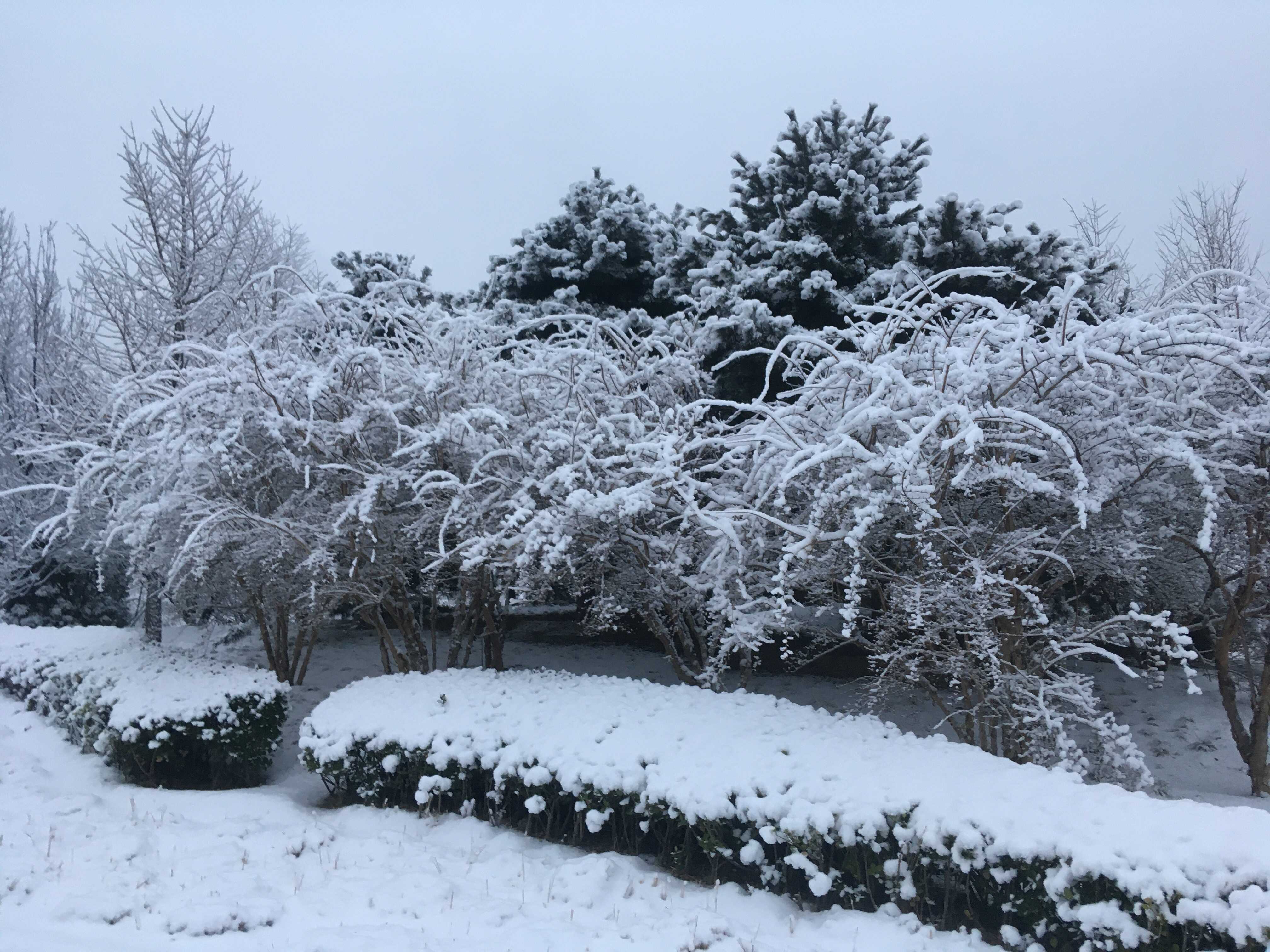Despite 2023 and 2024 being the warmest years on record, extreme cold events are still affecting regions across China, Europe, and North America. A recent study published in npj Climate and Atmospheric Science examines this paradox and evaluates future risks associated with ongoing climate change.
Led by Prof. QIAN Cheng from the Institute of Atmospheric Physics of the Chinese Academy of Sciences, this study focused on the severe cold wave that impacted eastern China in December 2023. The researchers investigated how human-induced climate change affects the occurrence and intensity of such extreme weather events.
"Our findings show that climate change has reduced the intensity of extreme cold events," said Prof. QIAN. The unprecedented cold observed in December 2023 was mainly driven by anomalous large-scale atmospheric circulation patterns, accounting for 83% of its intensity, while climate warming mitigated its severity by up to 22%.
Using climate model simulations, the study's attribution analysis reveals that, due to anthropogenic warming, the probability and intensity of cold events similar to those in 2023 have already decreased by over 92% and 1.9°C, respectively, compared to a pre-industrial climate. Furthermore, under an intermediate-emissions scenario (SSP2-4.5), these events are expected to become even less frequent and severe by the end of the century, with their frequency declining by 95% and their intensity diminishing by more than 2°C.
However, the study emphasizes that extreme cold events are not entirely eradicated. Prof. QIAN noted, "Even if we achieve carbon neutrality and stabilize global warming at 1.5°C, cold extremes comparable to current events may still occur." This highlights the need for societies to remain prepared for sudden cold snaps, even if the Paris Agreement's goals are met.
This study offers insights into the climatic dynamics behind these events and underscores the importance of adaptive strategies to mitigate their impacts.

A cold spell hit Beijing (Image by QIAN Cheng)






